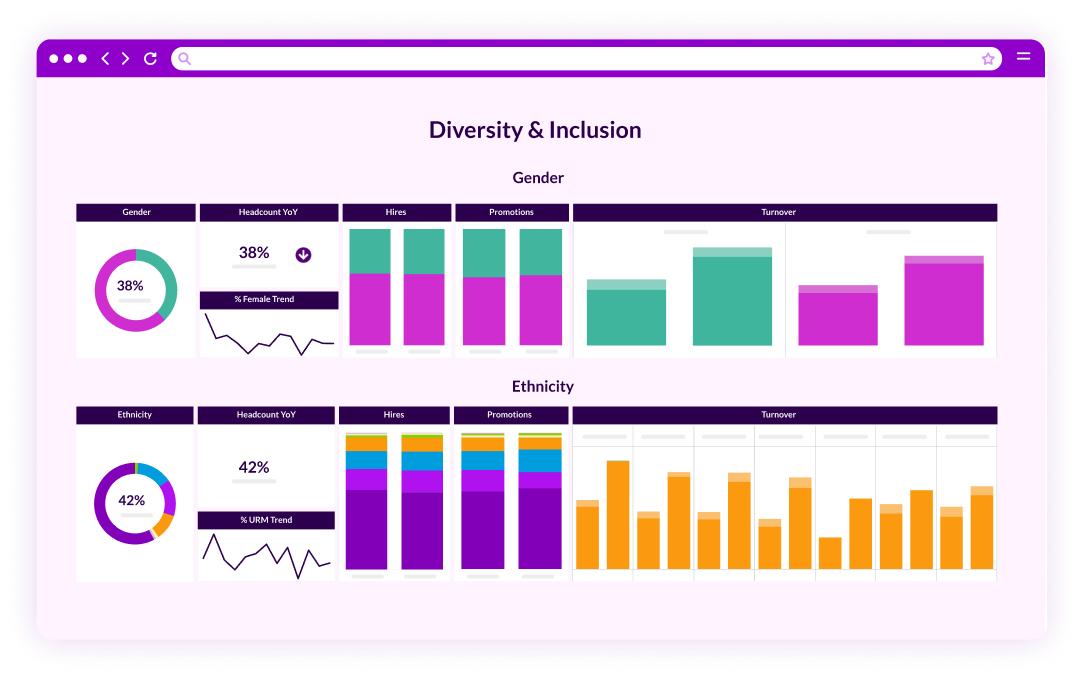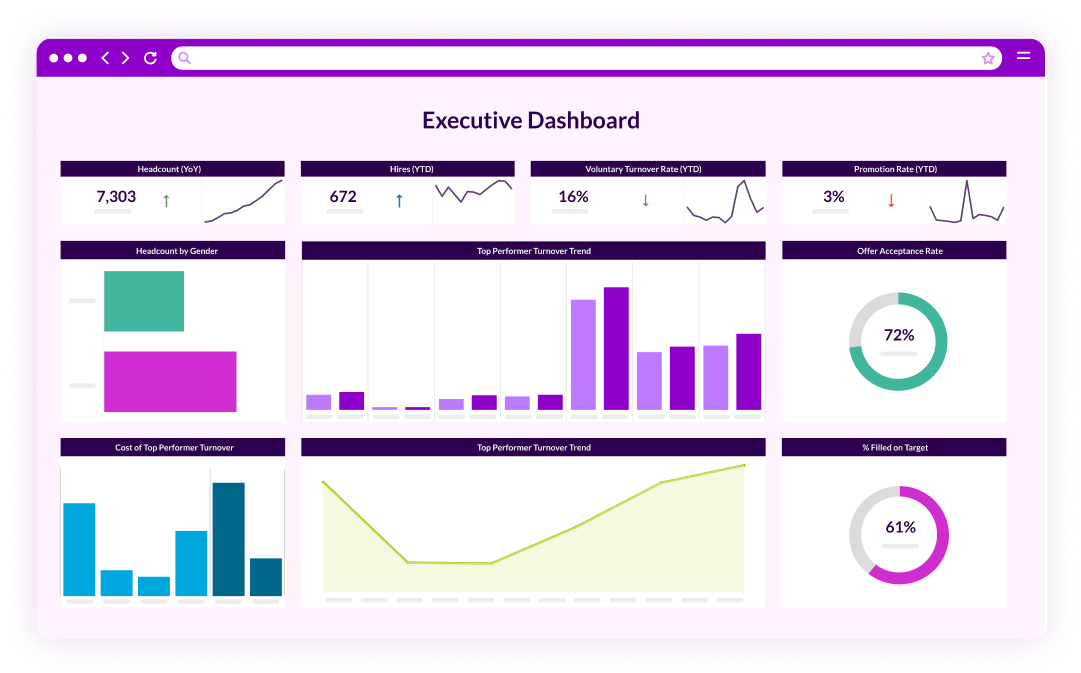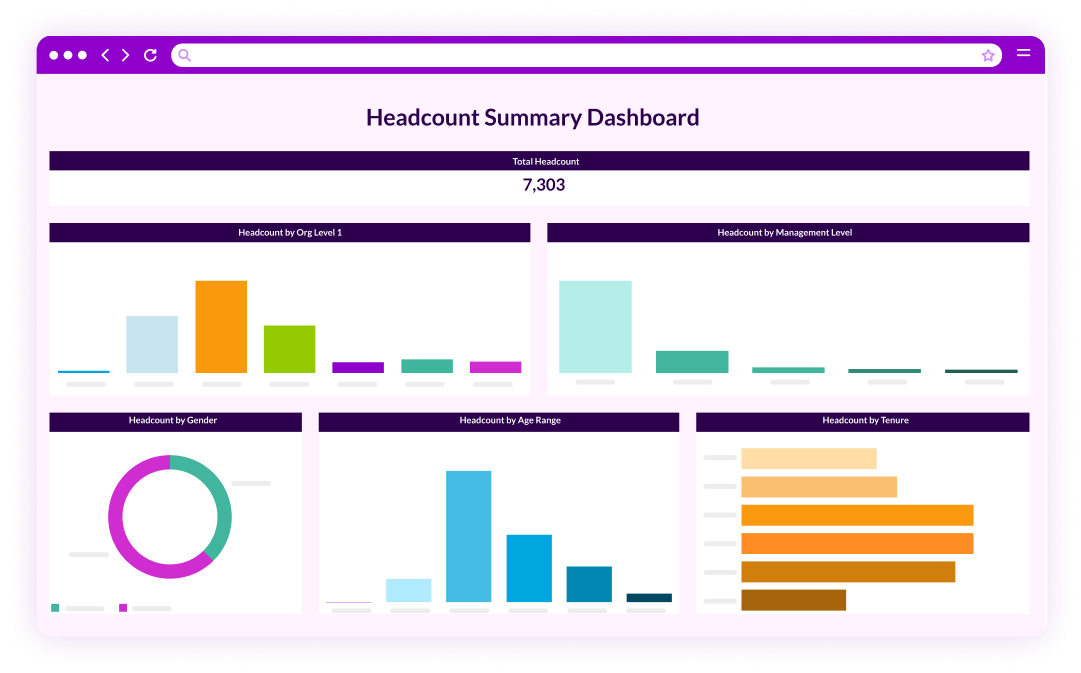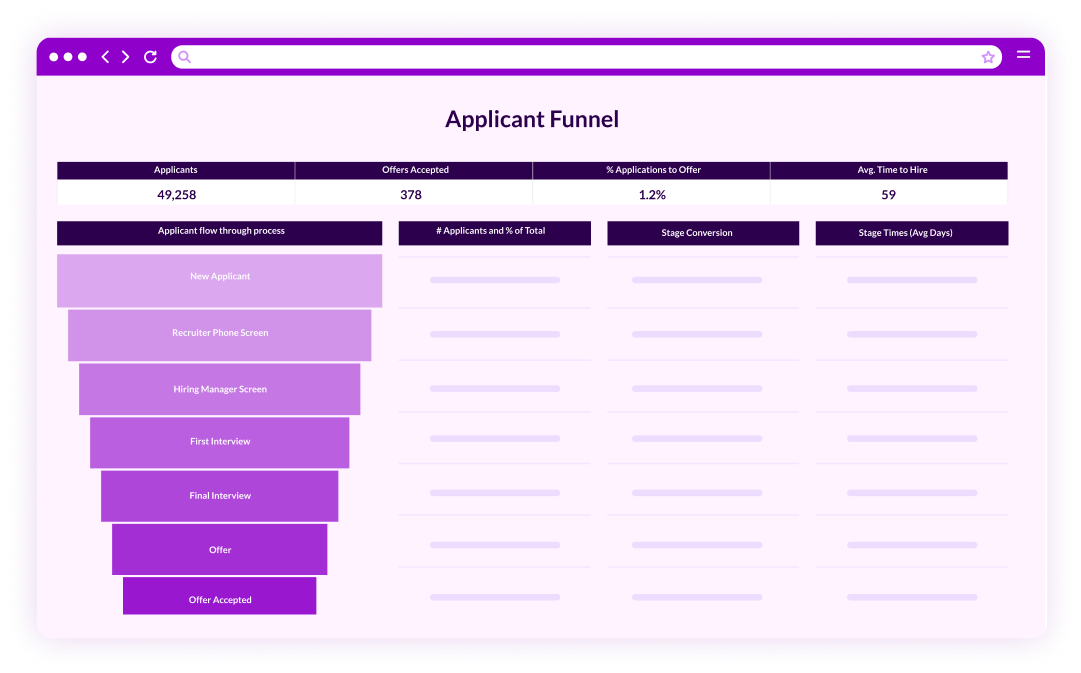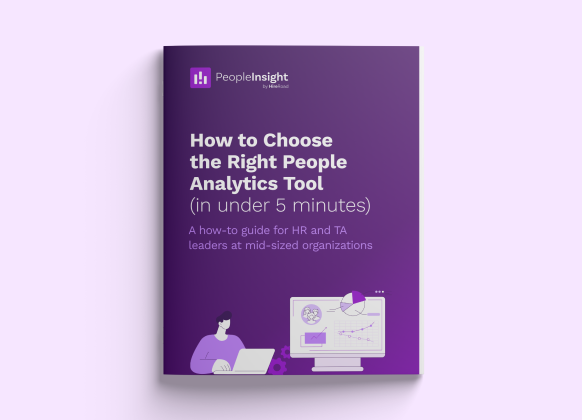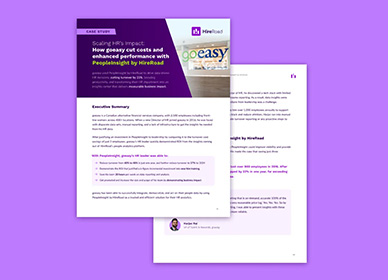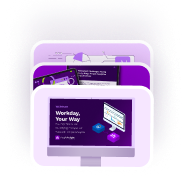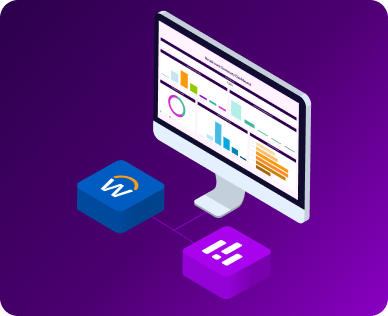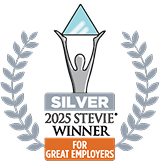To become a great business partner, HR needs to continue the pivot towards becoming an enabling function with a focus on delivering client value. The goal is genuine partner relationships with your internal clients where goals are aligned, wins are mutual, and each party brings something unique to the table which is both valued and appreciated.
Think about your HR Culture at the moment, what are the key values, goals, and assumptions you operate on.
Now think about an HR organization that is built on the following:
- Focuses on customer value first and foremost
- Builds customer value through effective people programs
- Strives for clarity in who the customer is, what they do, and what their needs are
- Does the right things
- Does things right.
You may be close to this or you may be far off. The important thing is to spend some time here and reflect on who you are as an HR organization and where you want to be. Identify any gaps between these two and decide on how to close the gap. Spending some time on the foundational beliefs and values is important, as it informs the actions and behaviors we take.
If you build an organization that focuses first and foremost on delivering customer value, you start to evaluate activities against a measure of effectiveness and value-add. No more analytics or metrics for the sake of analytics, and no more “we do this because we always have.” You start to become more conscious of what you are doing with the end in mind.
